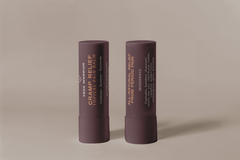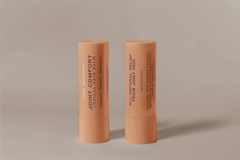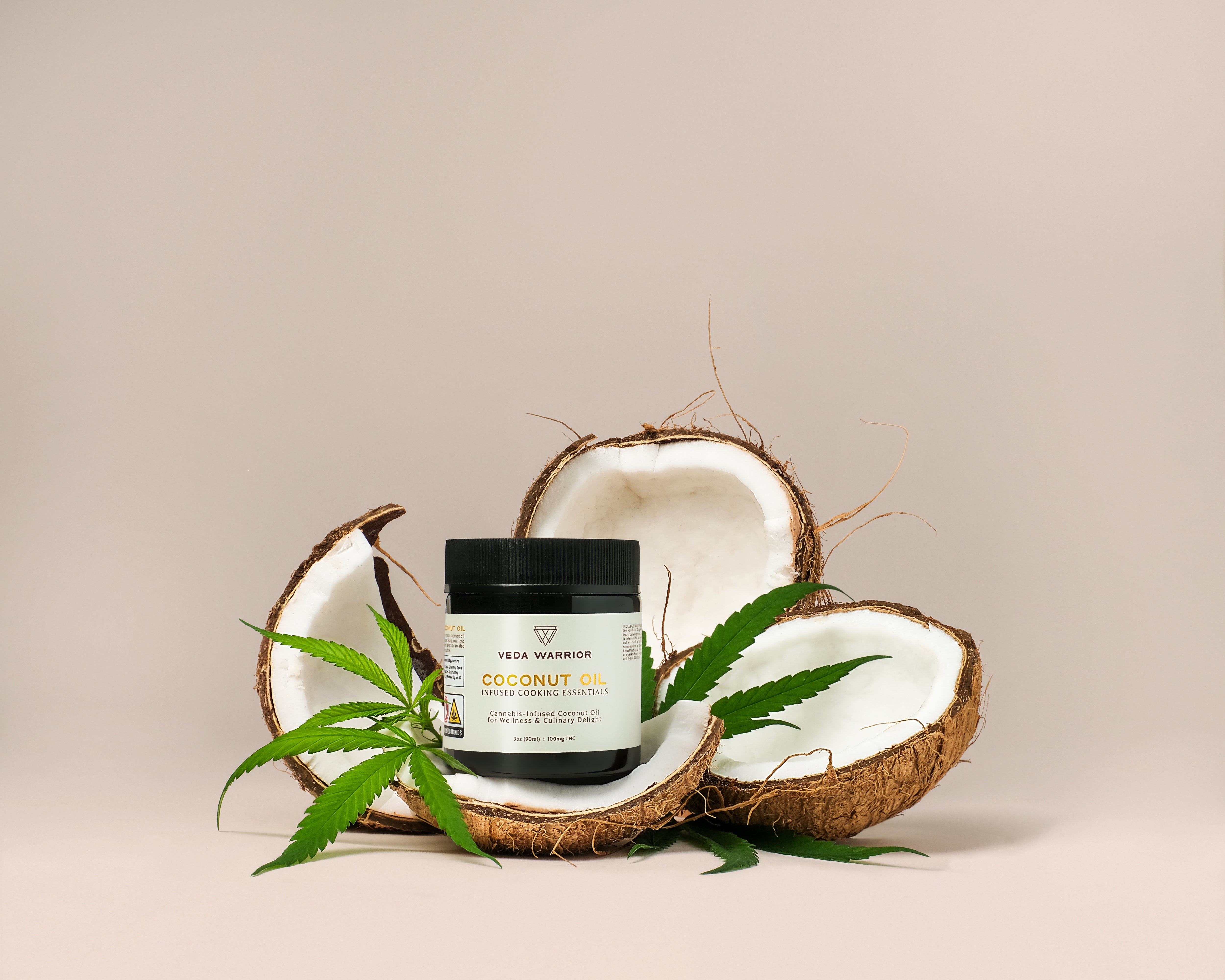“Avert the danger which has yet to come”
- Yoga Sutras
A simple ancient statement that resonates true on many levels, especially when it comes to our healthcare system in the United States.
Medicine should make us feel whole again, in balance, and free of mental and physical stress. While Ayurveda supports that sentiment, modern medicine does not.
Modern medicine leads us fragmented, taking different medications for different symptoms and seeing different doctors for different ailments. We are being treated part-by-part, with no integration of how we work as a whole.
The modern medical system is set up to address the problem, not the cause; the disease, not the person.
The Disease-Model destroys our mind-body awareness.
Western (allopathic) medicine is based on diagnosis and treatment, not the underlying cause. Instead of teaching people how to move their body and engage in healing practices for achy joints, we wait until the problem gets so bad that one needs to replace a damaged knee joint in its entirety. But what happens after that surgery? Does modern medicine offer daily solutions to ensure the problem does not worsen again? Does modern medicine WANT us to heal fully, or just come back a couple years later to address the same issue with the same short-term solution?
Modern medicine lacks the ability to diagnose symptoms that do not fall into specific categories and doctors have little to offer patients who may be experiencing unnamed, yet distressful, symptoms. Why must a disease be named in order for us to receive care and medicine?
The disease model also treats mind and body as separate, discouraging us from seeing our state of well-being on a holistic level.
A system by the people, but not for the people.
As modern medicine advances, it is easy to believe that it is becoming more powerful in its ability to heal. However, majority of health transactions within a medical framework are based on what society wants, not what it needs.
In the US, high-tech interventions, such as surgery and drugs, are favored more than anywhere else in the world. Most physicians even prescribe higher doses than what is needed, which creates a higher rate of side effects. This system is set up to create revenue, not sustainable health.
Is this the type of system we want to trust exclusively? It may be true that these treatments help some diseases, but is that because our system is based on a model of fixing something when it is broken? With a new system that includes more holistic medical knowledge, maybe these diseases could be identified at earlier stages or prevented altogether.
Ayurveda - a more nurturing and holistic approach to healthcare.
Ayurveda approaches health and healing on a deeply integrative level. It provides us with diagnosis and treatment of expressed and unexpressed conditions of illnesses and tools for preventative care.
By using Ayurvedic routines, the body’s natural pre-existing program of self-healing awakens and supplies us with what we need to maintain good health.
With Ayurveda we can:
- Re-educate ourselves on what it means to be “healthy”.
- Engage in early interventions to prevent disease.
- Heal with no harmful side effects associated with modern medicine
- Restore our body’s self-healing capabilities.
Ayurveda teaches us the principles of self-healing and balance in a way that we can not simply survive, but thrive. It allows us to experience the powerful integration of our mental, emotional, spiritual, physical, and social lives and connects us to the power of nature within.
Do you know your dosha? Take our quiz to find out!















